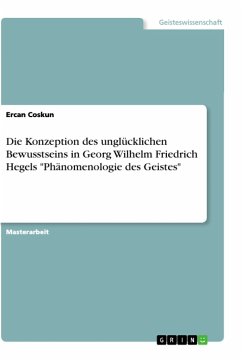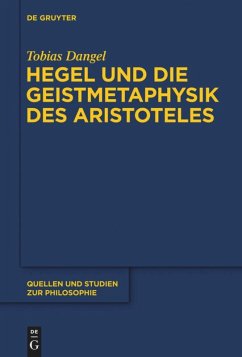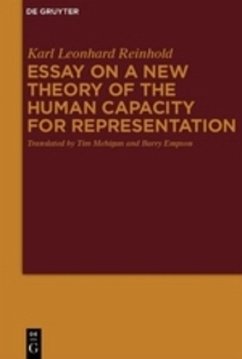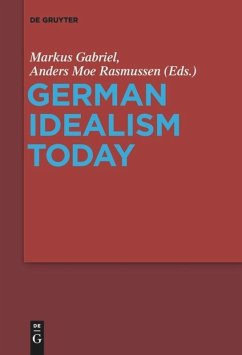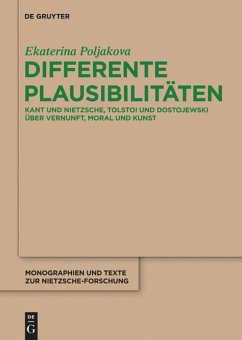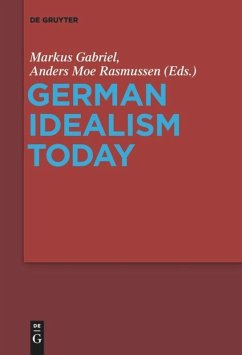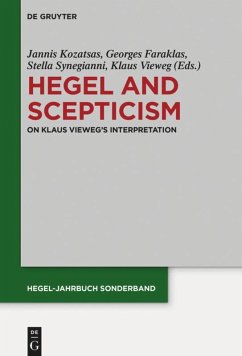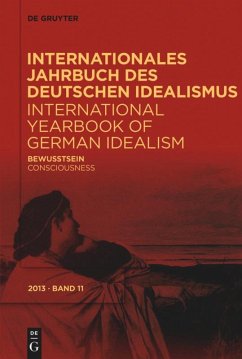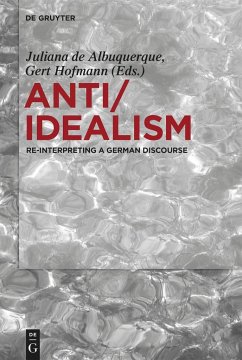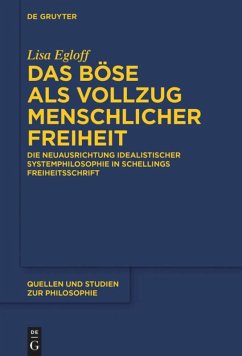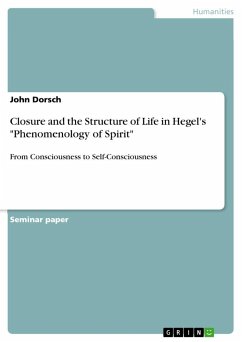
Closure and the Structure of Life in Hegel's "Phenomenology of Spirit"
From Consciousness to Self-Consciousness

PAYBACK Punkte
0 °P sammeln!
Seminar paper from the year 2012 in the subject Philosophy - Philosophy of the 19th Century, grade: 1,3, University of Tubingen, course: Interpretationskurs: Hegel's Phänomenologie des Geistes, language: English, abstract: The transition from consciousness to self-consciousness in Hegel's "Phenomenology of Spirit" is as complex and controversial as it is as essential and influential. Understanding this transition requires the careful explication of Hegel's conception of life, independence, desire and recognition, as well as his conception of the infinite.In this paper, Selbstständigkeit, oft...
Seminar paper from the year 2012 in the subject Philosophy - Philosophy of the 19th Century, grade: 1,3, University of Tubingen, course: Interpretationskurs: Hegel's Phänomenologie des Geistes, language: English, abstract: The transition from consciousness to self-consciousness in Hegel's "Phenomenology of Spirit" is as complex and controversial as it is as essential and influential. Understanding this transition requires the careful explication of Hegel's conception of life, independence, desire and recognition, as well as his conception of the infinite.In this paper, Selbstständigkeit, often translated as independence, is interpreted as expressing the Axiom of Closure in Set Theory and the infinite is read through a linguistic conception of identity, with pragmatic and semantic constraints, and its notion in Mathematical Analysis, discussed by Hegel in his Greater Logic. With these rigorous notions and a direct reading of the principle text, a transition is developped from consciousness to self-consciousness that, the paper argues, affords a clearer perspective than currently offered by the literature.




